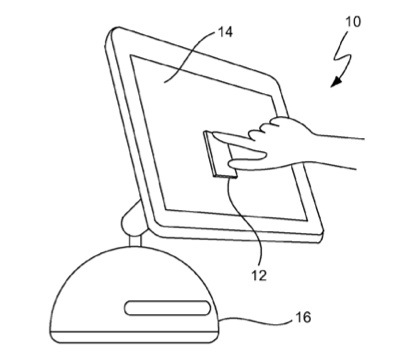The debate between individual privacy and public welfare continues to escalate in the aftermath of Apple’s release of the iPhone 6, which gained heightened attention for revealing that this latest smartphone will include automatic, end-to-end encryption.
When an iPhone owner now uses any feature of an iPhone 6 operating system, their communications will be securely encrypted—essentially unreadable to anyone who didn’t send, receive or store data on the phone. So secure is this new privacy provision, Apple itself can’t access the contents of an iPhone 6, even if access is requested by law enforcement. Google’s recently released Android smartphone provides data encryption as well.
While enhanced commitments to privacy and security from Apple and Google have been largely met with open arms, law enforcement has strongly opposed encryption, arguing it will impede criminal investigations and threaten national security. The Ddirector of the FBI and the Attorney General have both recently made statements expressing concern about encryption, and exactly how the future of encryption will play out remains somewhat uncertain.
However, the controversy surrounding encryption extends beyond just smartphones and personal privacy. The stakes are even higher for industries that depend on secure communication for daily operations, where email encryption currently serves as the most effective method of ensuring privacy.
Legal firms, insurance companies, financial institutions and health care systems are among the many that communicate sensitive client and company information both internally and externally on a daily basis. In the age of mass hacking attacks that have targeted some of the nation’s largest corporations, these industries have every reason to argue for the necessity of encrypted data.
Encryption has become of the utmost necessity across industries. For example, under the new Health Insurance Portability and Accountability Act, healthcare systems are required by law to guarantee their patients’ personal healthcare information is protected, and will face serious consequences if they fail to. MIT Technology reports that cybercriminals are targeting hospitals more frequently than ever before. In light of this, email encryption can provide health care systems a reliable, secure means of safeguarding this information from the threat of hackers.
There is an elevated need for email encryption in a variety of other industries as well. Financial institutions are a particular concern and are also being asked to meet strict privacy regulations, like those of Gramm-Leach-Bliley Act. Federal officials announced on Oct. 20 that over 500 million financial records were stolen in the last 12 months, exemplifying that without effective security measures that include email encryption in place, both companies and their clients are highly vulnerable. According to Cirius:
° Email encryption can allow corporations to track exactly when an email is sent, delivered and read, which offers corporations unique monitoring capabilities. With this form of tracking, companies can quickly identify when communication is interrupted or fails to be delivered.
° Recent research shows that the average cost of a security breach can cost a company approximately $7 million dollars. This explains in part why Cirius has witnessed a significant increase in the number of companies seeking encryption services.
° Email encryption can be implemented on any device and any server; corporations don’t need to make any adjustments on their end to obtain encryption.
° Less than half of all companies surveyed in a cybercrime study were taking proper measures to prevent hacking.




